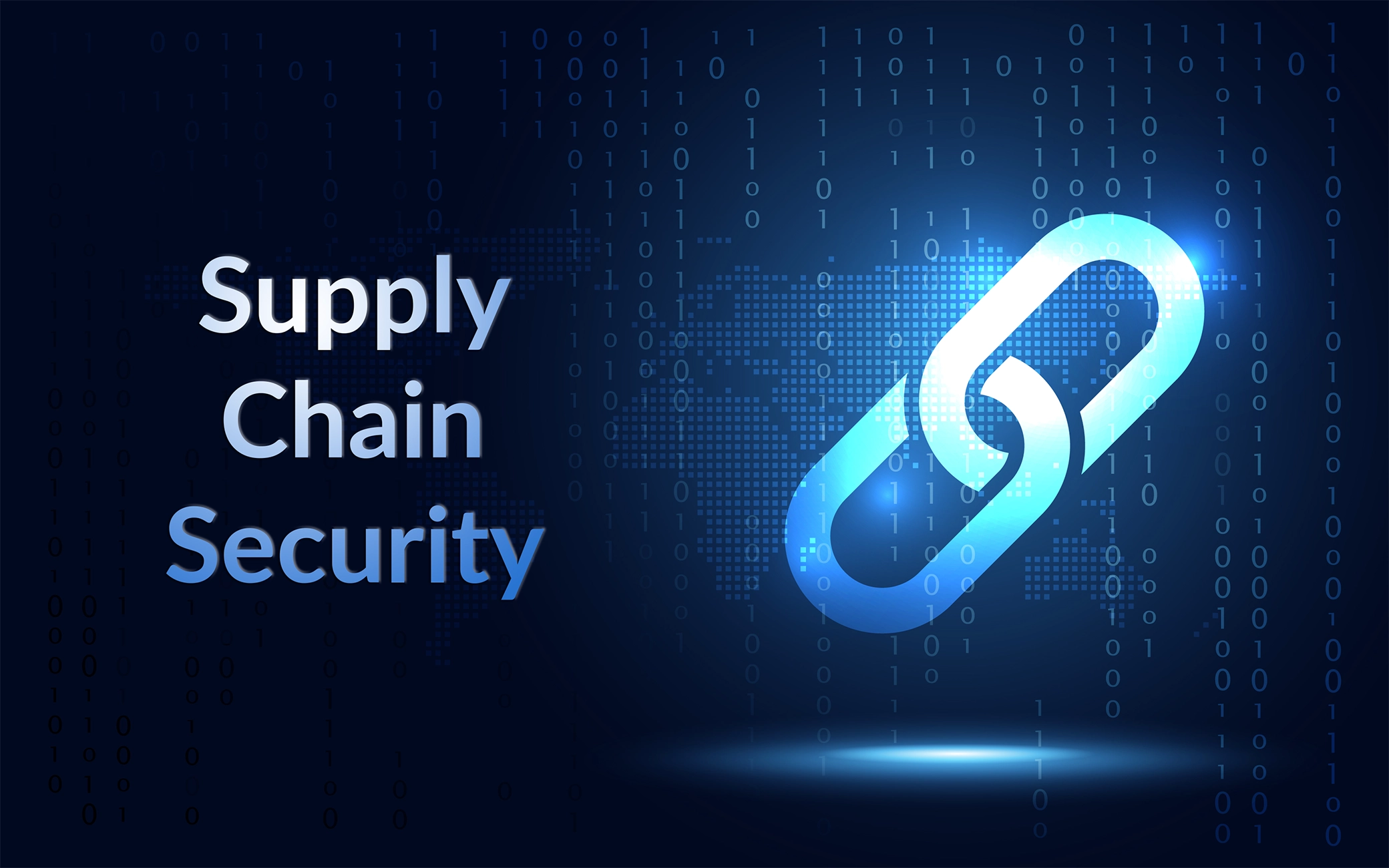Purposes
The purpose of the workshop will be to review the essential elements of establishing and enhancing supply chain security for nuclear facilities. The workshop will include discussions on defining common concepts, roles, responsibilities, risk assessments, compliance, and response strategies. The workshop will be designed to foster an engaging environment where various stakeholders, including industry and government representatives, will explore challenges and best practices across critical topics in nuclear supply chain security. Through presentations, expert-led panel discussions, real-world case studies, and focused Q&A sessions, participants will gain a comprehensive understanding of the unique demands and security vulnerabilities in the nuclear supply chain.
Workshop discussions will allow participants to better understand the nuclear supply chain’s structure and stakeholders, the associated security risks and possible mitigation measures, the impact of regulations on supply chain operations, the importance of vendor and supplier management, and the process for testing supply chain security arrangements. By the workshop’s end, participants will have a thorough grasp of nuclear supply chain security challenges, industry standards, and actionable strategies to strengthen the resilience and reliability of nuclear operations.
This workshop will begin by grounding participants in the basics of the nuclear supply chain, with fundamental aspects of nuclear-specific supply chain dynamics, major stakeholders, and security concerns. Invited experts will answer questions on these topics, setting the foundation for further discussions. Discussion and case studies will apply these concepts to real events, allowing participants to examine how various security strategies are applied and extract lessons learned. This interactive approach will encourage attendees to engage critically with the proposed materials and examine supply chain challenges in practice.
The workshop will then move into risk assessment including the process for risk identification across different supply chain stages and establishing a graded approach to security measures. Engaging presentations and case studies will allow attendees to examine how risk assessment is put into action and how resilience planning is vital to continued operations in the event of disruptions. Participants will be encouraged to think about the practical implementation of resilience principles, from incident response planning to business continuity.
The roles and responsibilities session will tackle the significance of well-defined roles across the supply chain, particularly the importance of a robust security culture, international collaboration, and effective employee training. Experts will address the influence of organizations like the IAEA in bolstering global nuclear supply chain security. Here, participants will learn practical methods for enhancing security awareness and the importance of a collaborative approach to vendor management and regulatory alignment.
A crucial portion of the workshop will focus on regulatory compliance and vendor management, exploring the regulatory landscape, relevant standards, and how these are integrated into procurement and vendor management practices. Experts will discuss how compliance and contractual security requirements directly impact the supply chain’s reliability, emphasizing the importance of setting high standards with suppliers and ensuring adherence to these standards. By examining real compliance and vendor-related incidents, participants will see how these principles play out in practice and understand the repercussions of lapses in oversight.
The workshop will conclude with an in-depth discussion examining how to enhance supply chain security through testing. This discussion will include testing protocols for asset integrity, protecting goods in transit, and safeguarding digital assets. Invited experts will discuss the technological tools and methodologies used in this area, while a final case study will present an incident where supply chain testing was challenged due to various factors leading to valuable lessons on asset verification, protective measures, and resiliency.
Objectives
The key expected outcomes from this engagement include:
- Enhanced Understanding of Nuclear Supply Chain Security: Participants will gain a comprehensive understanding of the unique aspects and challenges of securing nuclear supply chains, including the roles of stakeholders, regulatory frameworks, and best practices for risk mitigation.
- Practical Application of Risk Assessment and Resilience Techniques: Attendees will learn to assess and identify risks across different stages of the nuclear supply chain and develop responsive strategies to enhance resilience, preparing them to respond effectively to potential disruptions.
- Strengthened Regulatory and Compliance Knowledge: Through discussions on regulatory requirements and real-world case studies, participants will deepen their knowledge of compliance standards and understand how to integrate these into procurement and vendor management processes.
- Improved Vendor and Supplier Management Skills: Participants will learn methods for setting security expectations, evaluating supplier trustworthiness, and maintaining compliance, improving their ability to manage and secure supplier relationships within the nuclear sector.
- Development of Actionable Lessons from Case Studies: By analyzing actual incidents, attendees will be equipped with actionable lessons learned from both successes and failures in nuclear supply chain security, enhancing their ability to apply these insights to their own organizations.
Audience
The workshop will be open to a group of around 50 participants from all over the world.
The target audience for this event will be individuals who have a responsibility for the security of nuclear materials and nuclear facilties. Targeted participants will include representatives from nuclear operating organisations, nuclear technology vendors, regulators and technical support organisation, supply chain specialists, law enforcement agencies and relevant international organisations.
There are no fees to attend the workshop. Participants are expected to cover their travel and accommodation costs themselves.
Process
This event will be interactive and professionally facilitated.
The workshop will be built around a number of presentations as well as case studies and breakout sessions that will enable participants to further explore the topic and share their experience and lessons learned.
Experts from the nuclear industry and other critical infrastructures will be invited to share their experiences and lessons learned from implementing security arrangements for the supply chain.
An instant electronic voting system will allow participants to provide their views on questions put to the workshop by anonymously registering their opinions using a keypad.
The workshop will be held in English. The discussions will be unclassified but subject to Chatham House rules (what was said can be reported, but not attributed).
